The head of Bangladesh's military-backed government said Thursday he expected to stage elections by the end of 2008 and hand over power afterwards. "I firmly believe the much awaited parliamentary elections can be held before the end of 2008," Fakhruddin Ahmed said in a nation-wide televised address.
"We are determined to hand over power to an elected government after holding free and fair elections through carrying out necessary programmes and administrative reforms as soon as possible," he said. "In this respect I want to say in clear language that we won't stay on power a day longer than necessary," he added in the speech, which marked the completion of his third month as head of the government.
Bangladesh has been under emergency rule since elections slated for January were cancelled after months of turmoil over allegations of poll rigging.
Political activity has been banned and freedom of speech curbed. Ahmed said the election commission has been made independent as part of the reforms being carried out by the government and "steps were being taken to ensure total neutrality and fairness in the polls."
"Firm steps will be taken so that only honest, sincere and qualified candidates can contest the poll," he added. "We will make sure that known criminals, loan defaulters, people who earn money through illegal means, terrorists and people who use strong-arm tactics cannot take part in elections," he said.
The new election team said earlier it would take at least 18 months to prepare voter cards with digital photographs to prevent electoral fraud.
The former central bank governor's statement came after the government moved to sideline the country's two chief political dynasties, spearheaded by women whose fierce rivalry has been called the "battle of the begums."
Sheikh Hasina Wajed, the main opposition leader, was charged on Wednesday in the murder of four people who were beaten to death during political violence that racked the nation's capital last October.
At the same time, the government severely curtailed the freedom of former prime minister Khaleda Zia, putting her under virtual house arrest. The new interim government has vowed to clean up politics and carry out sweeping electoral reforms in order to stage credible elections. Its crackdown has led to the arrest of at least 50 political figures, including Zia's influential son.
Hasina, who has delayed her return to Bangladesh from the United States where she was visiting relatives, has said the murder charges against her are false. There has been widespread media speculation that the government is seeking to force both Hasina, 60, and Zia, 61, whose dynasties ruled the country for a combined 25 years since independence in 1971, into political exile.
But the administration has denied the claims. Emergency rule has been popular among Bangladeshis, who appear to be in no hurry to return to destructive political infighting. Worn down after 16 years of often brutal politics between Zia's Bangladesh Nationalist Party and Hasina's Awami League, many people have said they are happy to give the government time to clean up politics before new polls.
The head of the caretaker government made no comment on the moves against Hasina and Zia but vowed "zero tolerance" for "people who misuse power." "We are determined to build a sustainable infrastructure so that all elections are held freely and fairly and unwanted influences are kept out," he said.
BR100
16,405
Increased By
92.5 (0.57%)
BR30
52,938
Increased By
579.1 (1.11%)
KSE100
158,781
Increased By
743.5 (0.47%)
KSE30
48,500
Increased By
249 (0.52%)





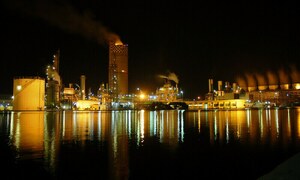
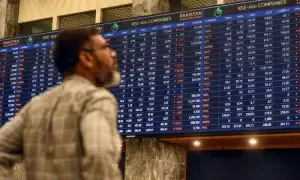
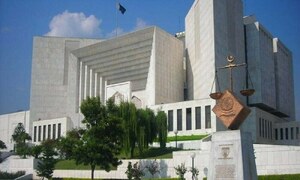





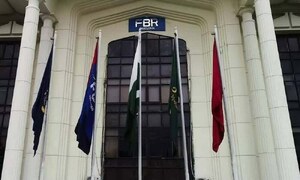

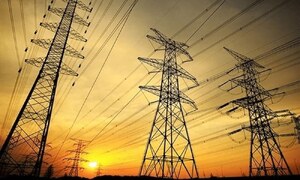

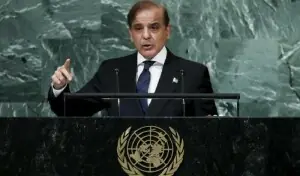

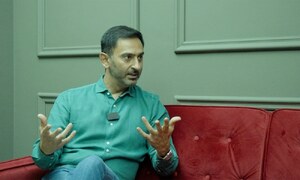
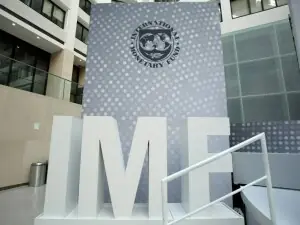
Comments
Comments are closed.